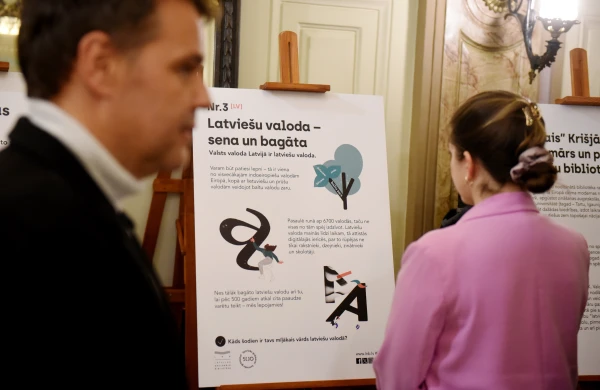
Thank God, unlike Ireland – our migration processes have not yet led to blood and arson, but are limited to battles on social networks. Well, and they are being deported – slowly, little by little.
Meanwhile, last month, the Cabinet of Ministers tasked four ministries: Education and Science, Justice, Culture, and Welfare, to "prepare proposals to eliminate institutional and competency fragmentation in the area of state language policy."
"Mastering the Latvian language as a foreign language for adults"
From this subtitle of the Ministry of Education and Science's material presented to the Saeima Commission on Citizenship, Migration, and Social Cohesion, one might assume that only immigrants can improve their Latvian skills. However, this is not the case, as here are the target groups:
- Foreigners from European Union states;
- Citizens of third countries;
- Civil residents of Ukraine;
- Re-emigrants;
- Individuals at risk of unemployment, citizens and non-citizens of Latvia with insufficient proficiency in the state language.
The agency led by Dace Melbarde ("New Unity") acknowledges that there is "no unified, continuously functioning system for teaching the Latvian language" in the republic; "each target audience has a different course offering in a different institution"; "from the client's perspective – there is no unified approach to apply for courses and conduct self-diagnosis, and the sources of funding vary."
In particular, in the training courses of the State Employment Agency, 2,500 unemployed individuals per year can improve their Latvian skills. The Ministry of Culture is utilizing a budget of 4.6 million euros until 2027 for "integrating citizens of third countries into local society by promoting the mastery of the Latvian language." Along this line, it is expected to teach 2,930 individuals. The programs of the Integration Fund, for their part, teach more than others – 6,390 individuals per year.
Private language centers and universities offering Latvian courses to their foreign students are also working on the national task.
"Without clear guidelines"
This conclusion was made by the State Audit Office, which conducted an audit of language courses in the country. After all, "mastering the Latvian language by adults is not only a component of state policy but also part of security, immigration, state language, employment, and integration policies..."
Unfortunately, the Saeima has not yet adopted the Immigration Law project developed by the Ministry of the Interior, which "provided for establishing coverage of early integration measures, including which groups of newcomers, at what level, within what timeframe, and with what funding should learn the Latvian language."
Here, it must be said that the lawmakers' work has long been outdated – the bill was written in the blessed, COVID-ridden year of 2021. Then everything went into emergency mode – tens of thousands of Ukrainian citizens coming in, thousands of Russians going out. As it turned out, language requirements can be minimal on one hand and maximal on the other. Such is the dialectic!
A bold proposal to amend Article 16 of the Law on Support for Civil Residents of Ukraine was made by the Ministry of Culture: "To perform professional and official duties, one should master the state language at the 2nd level of the basic level (A2) within two years after being granted temporary protection. In turn, within five years... in the volume that... the Cabinet of Ministers indicated."
Thus, if a citizen of Ukraine is simply living in Latvia, using our social guarantees, and, say, their savings or funds sent by relatives and friends – then they do not need to learn the state language at all. Provided that they do not have to get up for work in the morning. Compare this with the requirements for Russians: they were required to learn the language a priori, just for being in Latvia.
"It’s all in such a bureaucratic heavyweight form"
Even the Deputy Chair of the Commission on Citizenship, Migration, and Social Cohesion, Anna Rancāne ("New Unity"), complained about the submission of materials by the agencies. In her opinion, one needs to learn the special bureaucratic jargon to understand anything. Although – "the commission has been talking for three years..."
The chair of the commission, Gunārs Kutris (Union of Greens and Farmers), reminded that the deputies recently visited an off-site meeting at a "one-stop agency," where immigrants and other target groups can apply. In general, the former chair of the Constitutional Court feels that there is too much oversight of the state language in Latvia...
For his part, Ingmars Lidaka ("United List") emphasized the work with the Latvian diaspora, which must be conducted by a special ambassador from the Ministry of Foreign Affairs. Similarly, it is necessary to find out: "Where have the children gone? We are talking about Ukrainian children. Everything needs to be unified."
The chair of the Commission on State Administration and Municipalities, Olegs Burovs (not affiliated with any factions), noted that the role of municipalities is not mentioned at all.
– There should be a common database, a common approach. The current situation is absolutely unacceptable. This is abnormal, – stated the former mayor of Riga.
The word – to the Latvian Language Agency
The head of projects at this institution, Ieva Murniece, pointed out that different methodologies are used for teaching adults and children: "Children learn in schools in Latvia, and that’s a different story." For its part, the Agency intends to create three (3!) new positions in the near future, but – not for direct teaching, but for "methodological assistance to teachers and educational centers."
Deputy Jurģis Klotiņš (National Alliance) stated that the state language policy in Latvia "has always been fragmented among different ministries." Instead, a single institution should have been created, the head of which would be elected by the Saeima. Currently, there is no point in blaming officials; politicians must also take their share of responsibility.
– Now we have formally transitioned to a unified school, but there are problems that have remained since the time when there was no loyalty to the state from the Riga municipality. The consequences of this are visible now. We needed to assign additional payments to Latvian language teachers for working with children for whom this is not their native language in most cases. Estonia did this, and we would have achieved better results.
Mr. Klotiņš recommended that the Saeima, during the hearings on the 2026 budget, find funds to motivate the mastery of the Latvian language. Or perhaps, to pay bonuses to those learning for excellent grades?



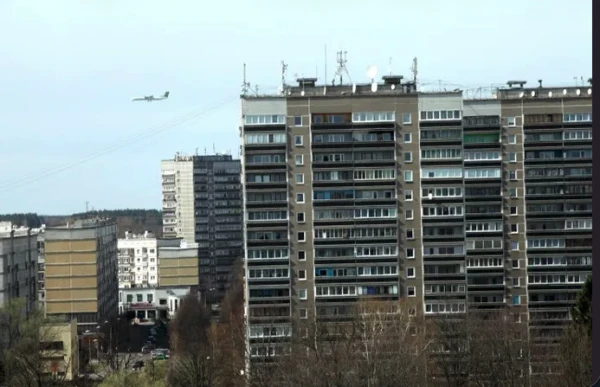
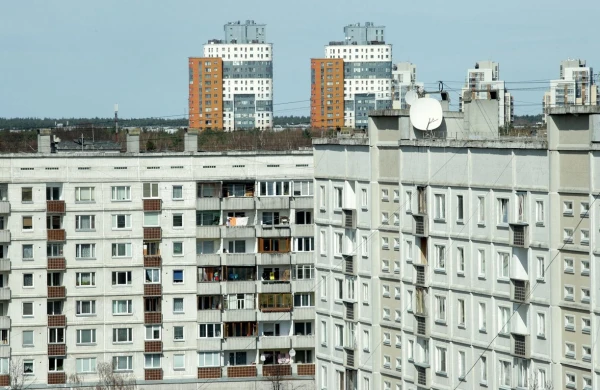
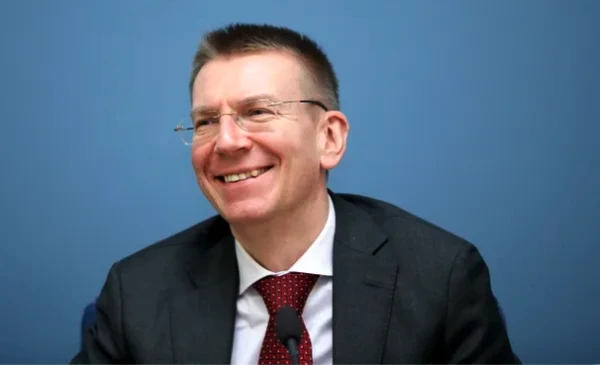
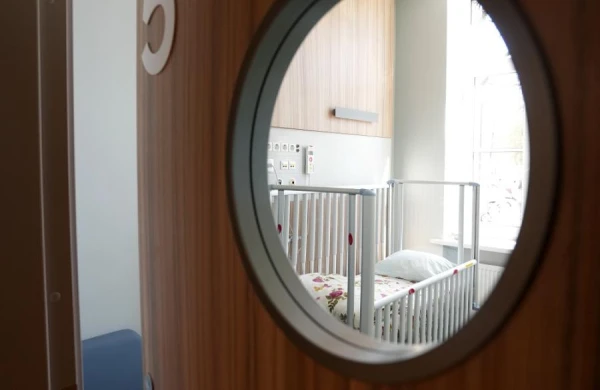
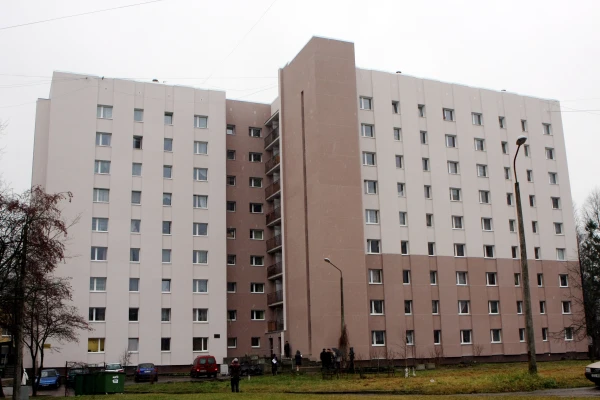
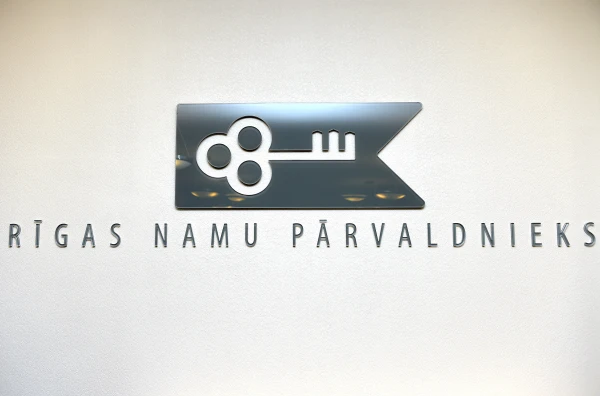






Leave a comment